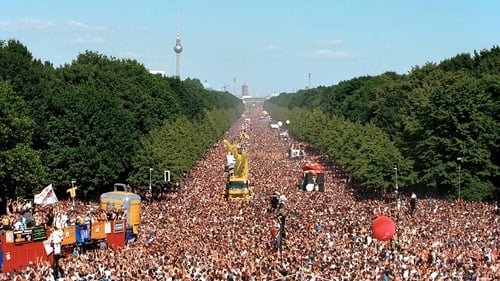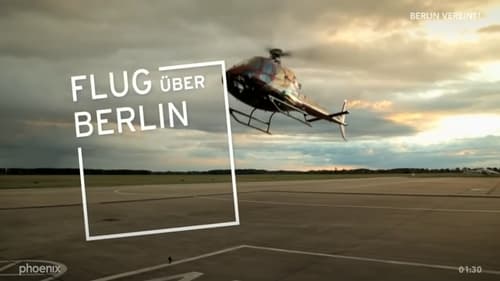
Writer
At the end of the Cold War, something new arised that should influence an entire generation and express their attitude to life. It started with an idea in the underground subculture of Berlin shortly before the fall of the Wall. With the motto "Peace, Joy, Pancakes", Club DJ Dr. Motte and companions launched the first Love Parade. A procession registered as political demonstration with only 150 colorfully dressed people dancing to house and techno. What started out small developed over the years into the largest party on the planet with visitors from all over the world. In 1999, 1.5 million people took part. With the help of interviews with important organizers and contemporary witnesses, the documentary reflects the history of the Love Parade, but also illuminates the dark side of how commerce and money business increasingly destroyed the real spirit, long before the emigration to other cities and the Love Parade disaster of Duisburg in 2010, which caused an era to end in deep grief.

Director
At the end of the Cold War, something new arised that should influence an entire generation and express their attitude to life. It started with an idea in the underground subculture of Berlin shortly before the fall of the Wall. With the motto "Peace, Joy, Pancakes", Club DJ Dr. Motte and companions launched the first Love Parade. A procession registered as political demonstration with only 150 colorfully dressed people dancing to house and techno. What started out small developed over the years into the largest party on the planet with visitors from all over the world. In 1999, 1.5 million people took part. With the help of interviews with important organizers and contemporary witnesses, the documentary reflects the history of the Love Parade, but also illuminates the dark side of how commerce and money business increasingly destroyed the real spirit, long before the emigration to other cities and the Love Parade disaster of Duisburg in 2010, which caused an era to end in deep grief.

Director

Writer
Since the end of World War II Berlin is divided in the American, Russian, British and French sectors. Still in the beginning of 1961 citizens can move freely between the sectors. But Berlin is a city, which has two different political and economic systems, and the difference becomes increasingly striking. While West Berlin has political liberty and growing wealth, East Berlin is socialistic and much poorer. 50.000 inhabitants live in East Berlin but work in West Berlin, and pass the border every day. More than 10.000 persons emigrate from East Berlin to find a better future in West. East Germany is bleeding out. A rumor says that the regime in the East is planning to build a wall through Berlin, but on a press conference on 15 June 1961 the East German leader Walter Ulbricht denies this. Two months later, 13 August 1961, the wall is built in a hurry.


